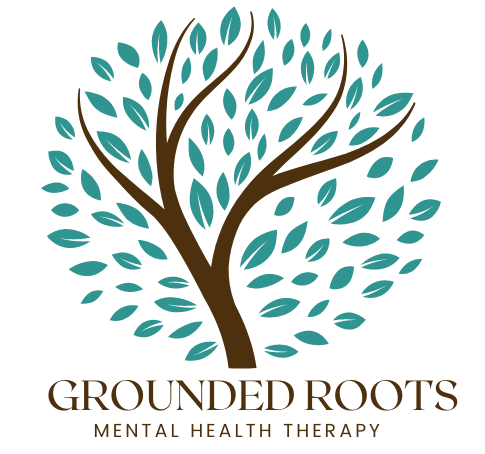Substance Use/ Co-Occurring Diagnosis
Substance use can be a method to cope with overwhelming symptoms. The best treatment is when a person receives both treatment for their mental health and substance use.
Symptoms of substance use disorder may include:
- Withdrawal from friends and family
- Sudden changes in behavior
- Engaging in risky behaviors
- Developing a high tolerance and withdrawal symptoms
- Feeling like you need a drug to be able to function
- Extreme mood changes
- Confused thinking
- Problems concentrating
- Avoiding friends and social activities
- Thoughts of suicide

